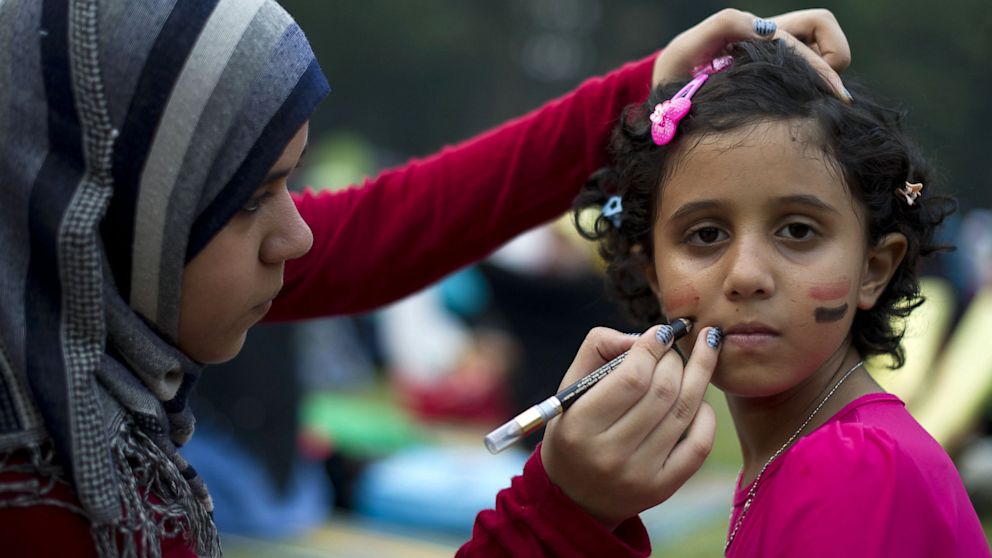Where Did All of Egypt’s Young Twitter Revolutionaries Go?

Aug. 22, 2013— -- Where are Egypts’ young, smart revolutionaries? Radical political upheavals in authoritarian countries used to take years, or even generations, to come to fruition -- but in Egypt, it seemed to happen in an instant, in the space of a click: in “social media time.”
And while the chief users of social media—the youth of the nation—seemed for so long to be at the center of events in Egypt, they’ve been largely absent from the media’s narratives, especially since the military arrested democratically elected President Muhammad Morsi July 3 and began battling in the streets with his Muslim Brotherhood allies in recent weeks.
Dina Tawfic has spent considerable time researching the youth in Egypt. In 2011, more than half the country’s population was under 24 years of age, the American University of Cairo graduate student says. (She herself is 27.)
“There is a very high spirit in this critical time,” Tawfic told me, “but the people do feel threatened.”
Morsi’s ouster was not a “coup,” she quickly added, scoffing at the way international media has portrayed the situation.
More than 1,000 Egyptians are estimated to have died in clashes since the military takeover, but the real number is not known. The Egyptian military has faced increased external scrutiny for the arrests and murders of many unarmed Muslim Brotherhood members -- though the government argues that the Brotherhood has viciously attacked religious minorities and law enforcement members, as well as harbored terrorists.
According to Tawfic, Egypt is exploring a new path to democracy, as it just starting to understand itself politically, though she condemns the attacks on unarmed citizens. The 30 years of suppression under President Hosni Mubarak, Morsi’s predecessor, had done considerable damage to political participation across all age groups, but especially among the growing young population, Tawfic said.
“[The Muslim Brotherhood] came through the ballots, but they did not understand that Egypt is diverse,” she said. “We cannot deny the rights of the Muslim Brotherhood to protest and be involved in the political process, but now there exists a psychological barrier between them and the people in the streets.”
Mexican student Constanza Gallardo just spent the summer doing a non-profit internship in Egypt. She told me that while “all the young people” she encountered “were extremely anti-Morsi,” that could hardly pardon the actions that have been playing out on the streets.
“I think Egyptians need to understand and embrace democracy,” she told me. “That is what they want, but they don’t seem to want it as it really is.”
Just last year in her country, she noted, Mexican President Enrique Peña Nieto won a hotly contested election, and while she feels that “most of the country doesn´t like him, or his party,” his authority is respected, because “people voted for him.”




